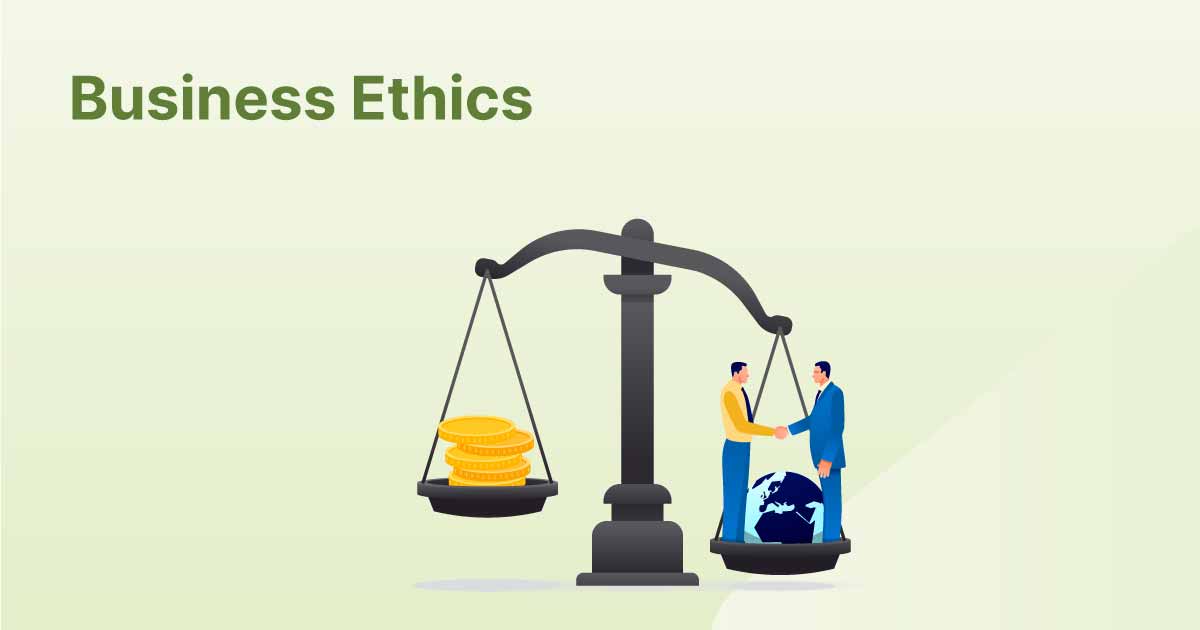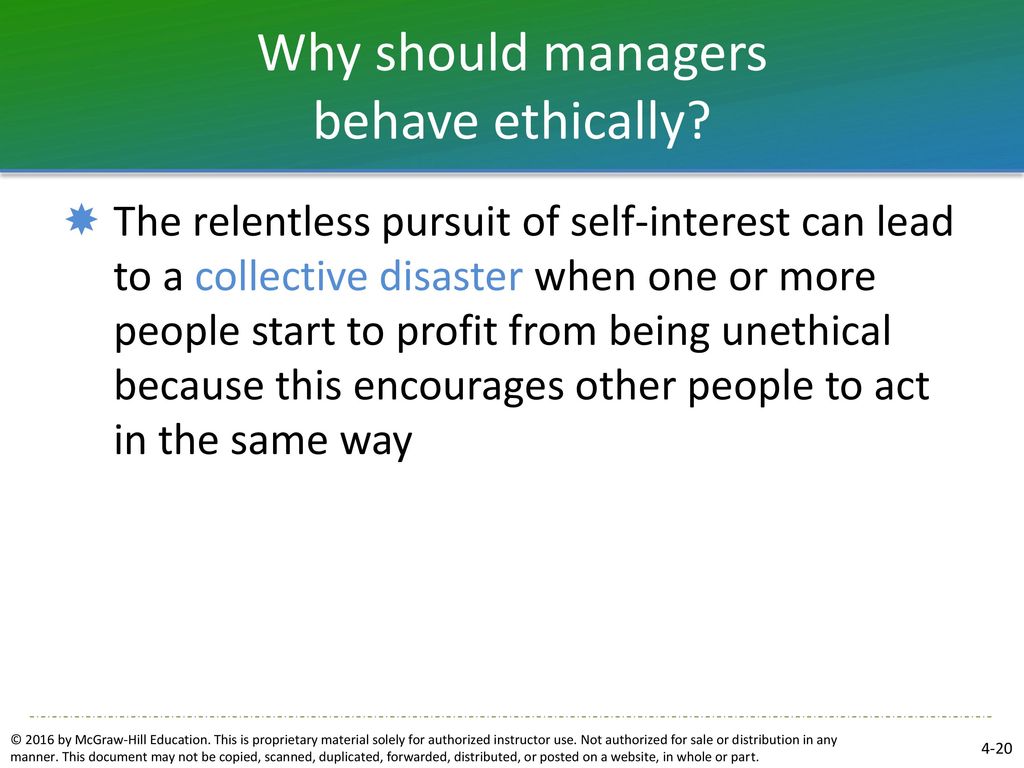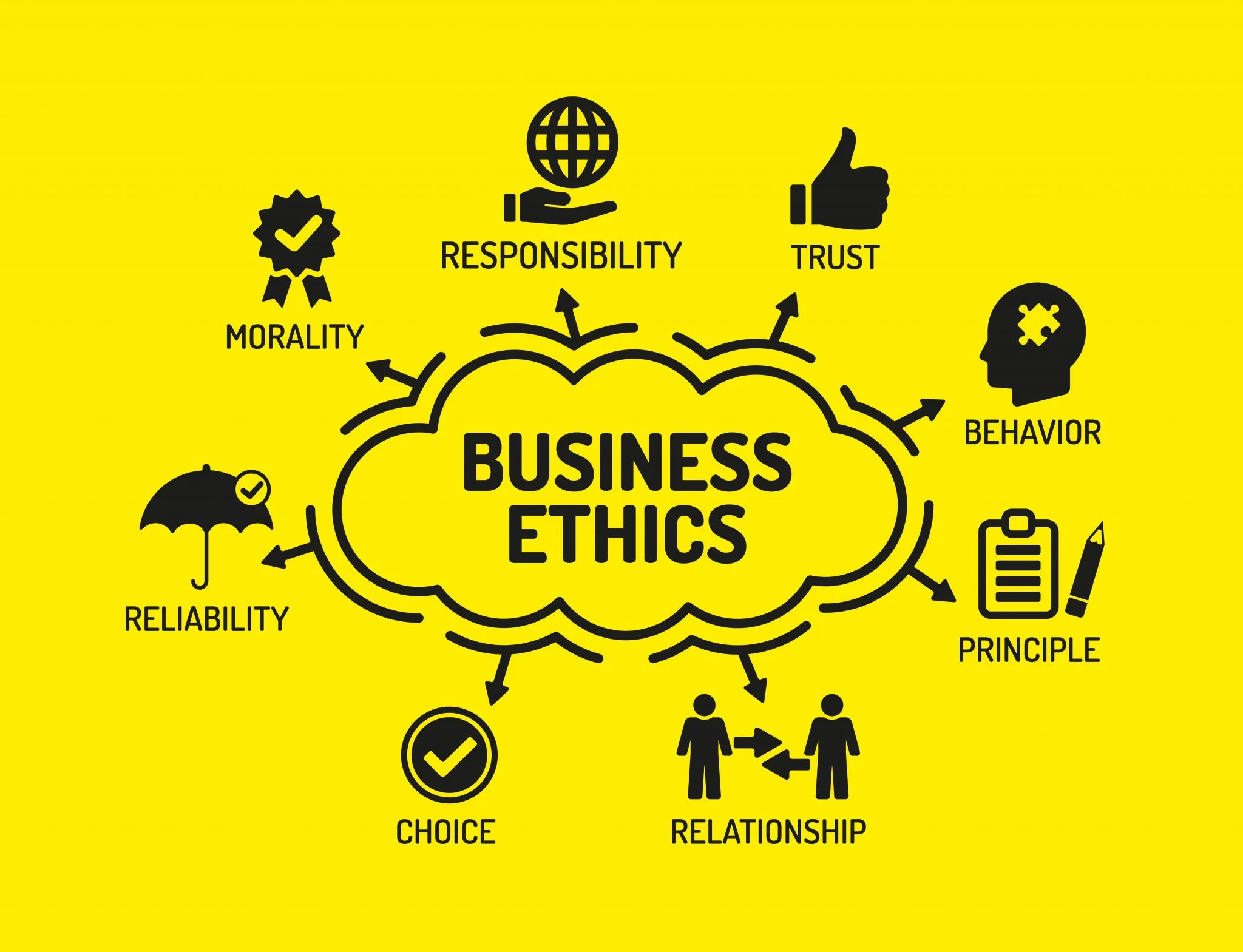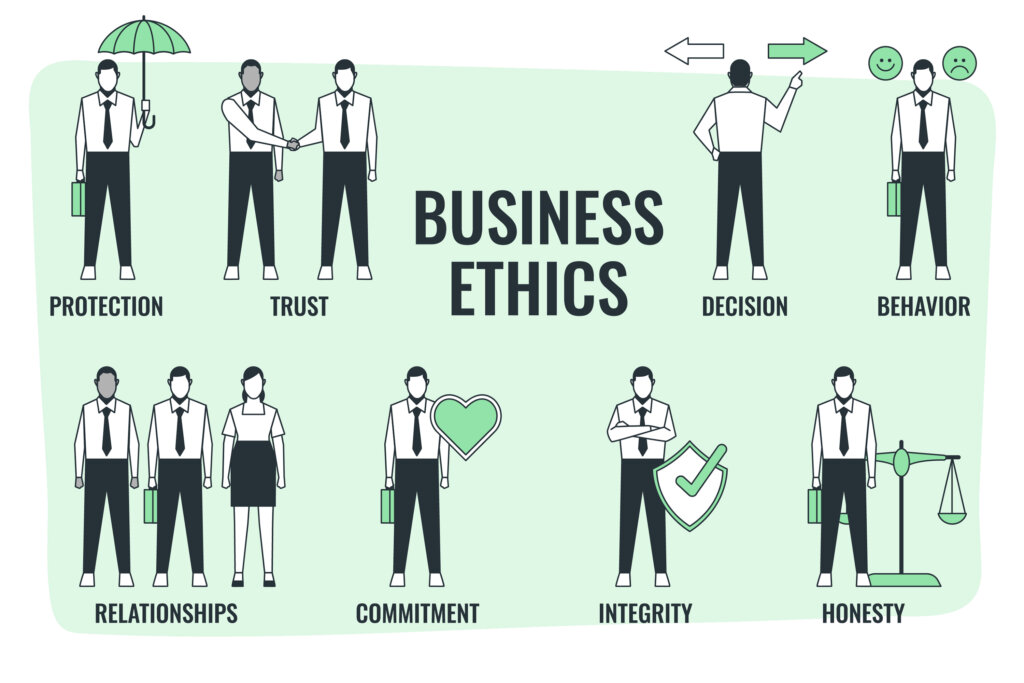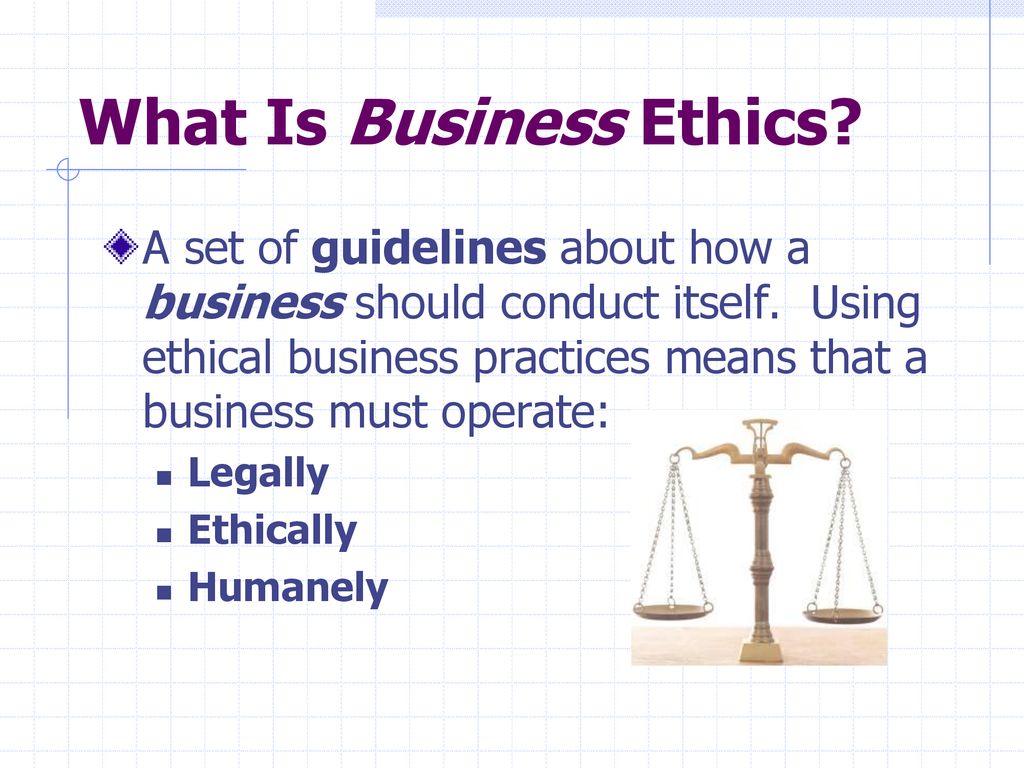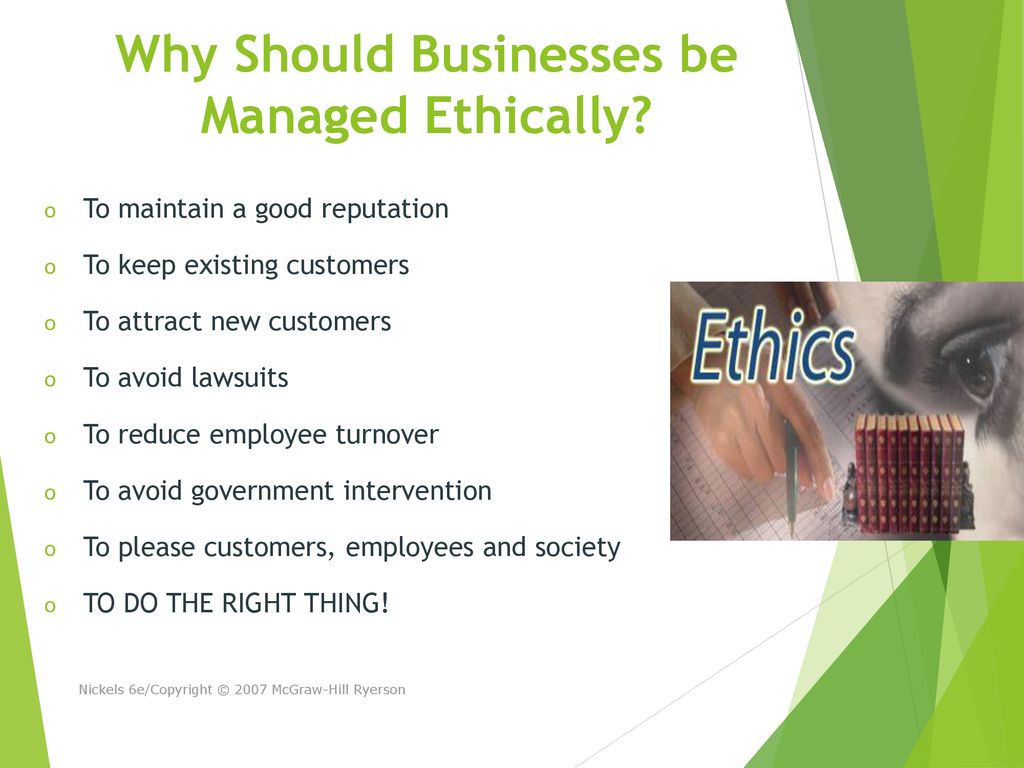Managers Should Run A Business Ethically Because

In an era defined by unprecedented corporate scrutiny and stakeholder activism, the ethical compass of business managers is no longer a matter of mere compliance, but a critical determinant of long-term survival and success. Recent scandals, from environmental disasters to financial fraud, have underscored the devastating consequences of ethical lapses at the leadership level, eroding public trust and inflicting lasting damage on companies and communities alike.
Beyond the avoidance of legal repercussions, ethical management fosters a culture of integrity, innovation, and resilience that attracts and retains top talent, strengthens brand reputation, and ultimately drives sustainable profitability. This article delves into the multifaceted reasons why managers must prioritize ethical conduct, exploring the benefits for employees, customers, investors, and the broader society.
The Business Case for Ethics: Beyond Compliance
Ethical management is not simply about adhering to legal minimums; it's about embracing a proactive commitment to moral principles in all business decisions. This goes beyond just ticking boxes on a compliance checklist.
Enhanced Employee Engagement and Productivity
A company's ethical climate has a direct impact on employee morale and productivity. According to a 2023 study by the Ethics & Compliance Initiative (ECI), employees are more likely to be engaged and productive when they believe their company is committed to ethical conduct.
When employees trust their leaders and believe the company operates with integrity, they are more likely to be motivated, loyal, and innovative. This translates into reduced turnover, improved teamwork, and increased efficiency.
Strengthened Brand Reputation and Customer Loyalty
In today's socially conscious marketplace, consumers are increasingly scrutinizing the ethical practices of the companies they support. Reputation Institute, a leading reputation management firm, consistently finds a strong correlation between a company's ethical reputation and customer loyalty.
Consumers are more likely to purchase products and services from companies that demonstrate a commitment to ethical sourcing, environmental sustainability, and fair labor practices. A positive ethical reputation can be a significant competitive advantage.
"A company's reputation is its most valuable asset. Ethical behavior is the foundation upon which a strong reputation is built." - Dr. Charles Fombrun, Founder of Reputation Institute
Attracting and Retaining Investors
Investors are increasingly incorporating environmental, social, and governance (ESG) factors into their investment decisions. Morningstar reports a significant rise in sustainable investing, with assets flowing into ESG funds reaching record levels in recent years.
Companies with strong ethical track records are seen as less risky and more sustainable investments. Ethical management practices can lower the cost of capital and attract long-term investors.
The Societal Impact of Ethical Management
The benefits of ethical management extend beyond the individual company, contributing to a more just and sustainable society. By prioritizing ethical conduct, businesses can help address pressing social and environmental challenges.
Promoting Fair Labor Practices
Ethical managers ensure fair wages, safe working conditions, and opportunities for advancement for all employees. This contributes to a more equitable and prosperous society.
Ignoring labor standards can lead to exploitation and human rights abuses, damaging a company's reputation and undermining social stability.
Protecting the Environment
Ethical management includes a commitment to environmental sustainability. Businesses have a responsibility to minimize their environmental impact and contribute to a healthier planet.
Sustainable practices such as reducing waste, conserving resources, and investing in renewable energy can both benefit the environment and improve a company's bottom line.
Combating Corruption and Bribery
Ethical managers refuse to engage in bribery or corruption, promoting transparency and accountability in business dealings. Corruption undermines trust in institutions and hinders economic development.
The World Bank estimates that corruption costs developing countries billions of dollars each year. Ethical business practices are essential for fighting corruption and promoting good governance.
The Path Forward: Cultivating Ethical Leadership
Building an ethical organization requires a commitment from the top down. Managers must model ethical behavior, communicate ethical expectations clearly, and create a culture where employees feel empowered to speak up about ethical concerns.
Investing in ethics training, establishing whistleblower protections, and regularly assessing the ethical climate of the organization are all crucial steps. These measures will contribute to a stronger and more resilient organization.
Ultimately, ethical management is not just a matter of compliance or risk management; it's a fundamental responsibility. By embracing ethical principles, managers can create businesses that are not only profitable, but also contribute to a better world. The future of business depends on it.
